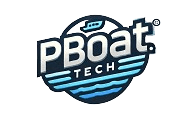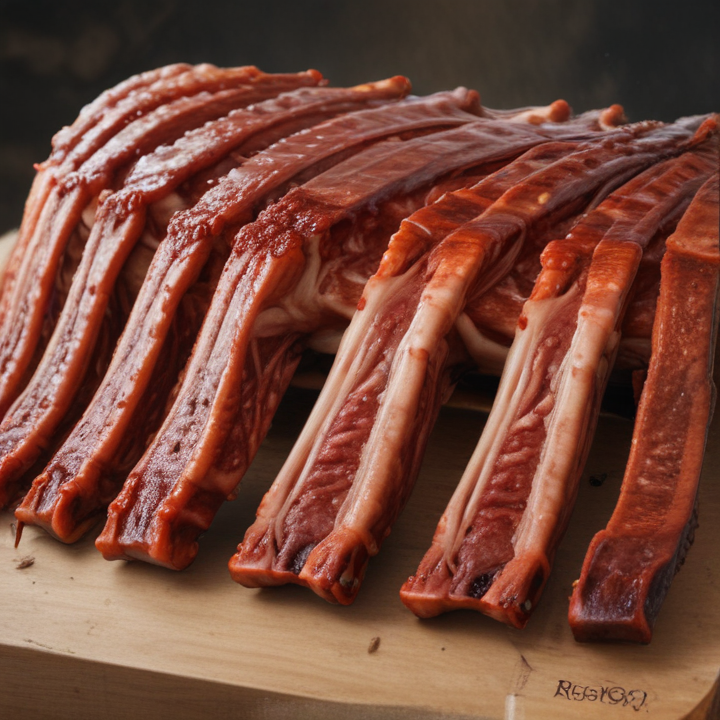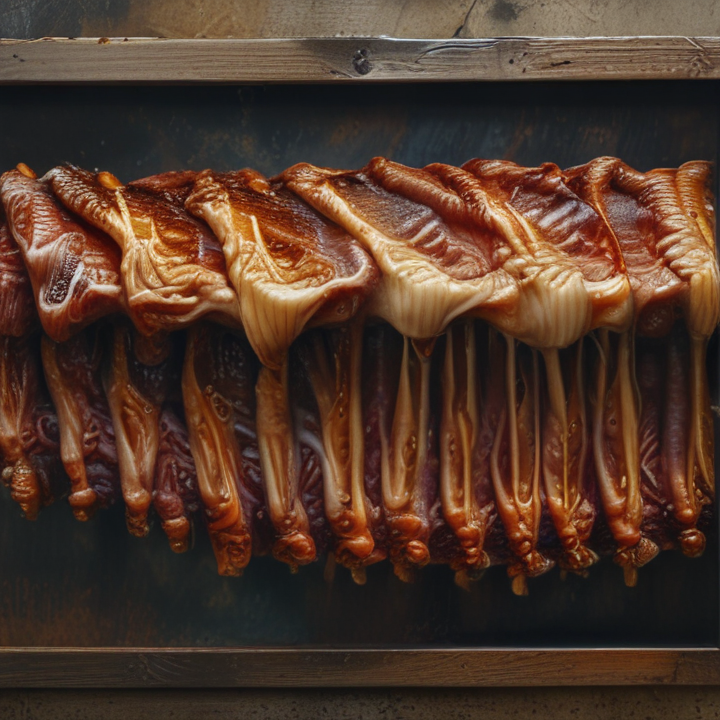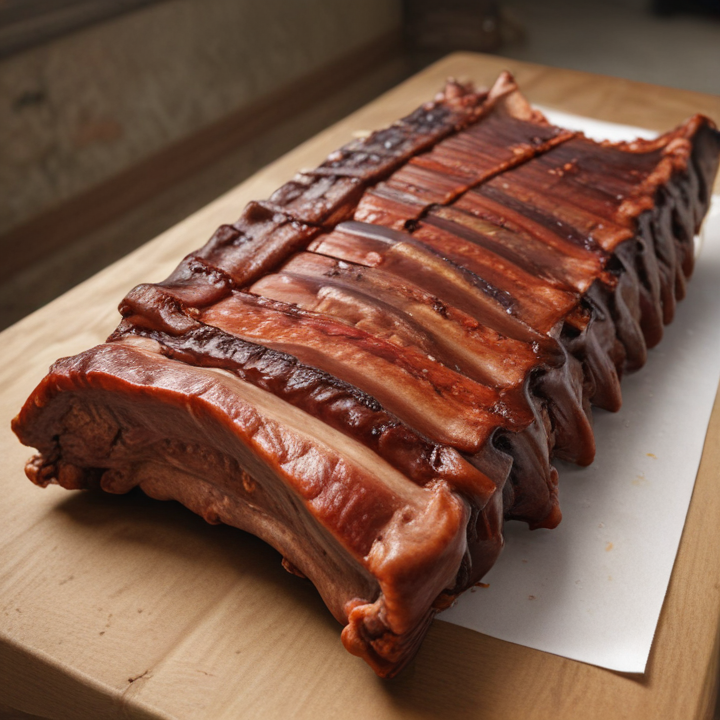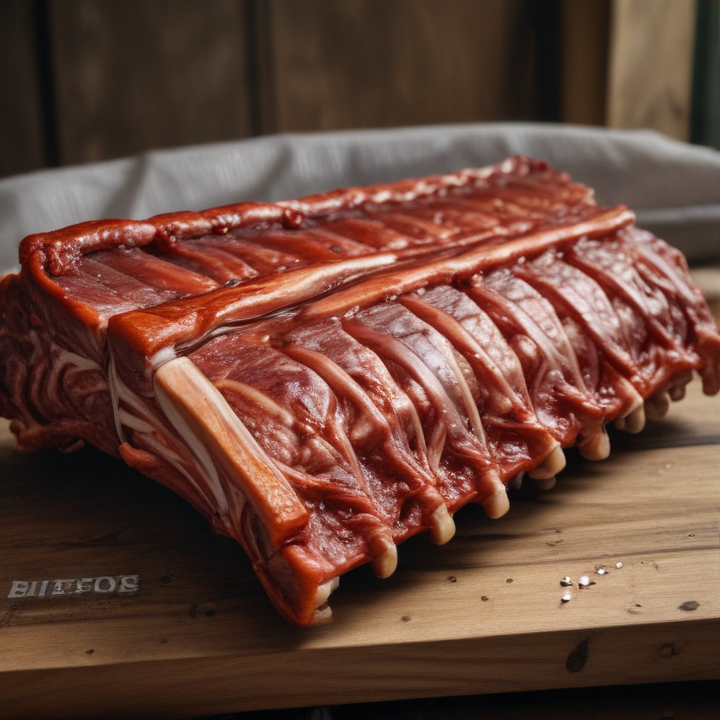rib for sale Safety Certifications
When purchasing a Rigid Inflatable Boat (RIB), ensuring it meets the necessary safety certifications is crucial for safe and legal use. Here are the primary safety certifications to look out for:
1. CE Certification: In Europe, a CE certification is mandatory for boats sold in the EU. This certifies that the boat meets strict safety, health, and environmental protection requirements. RIBs are categorized from A (Ocean) to D (Sheltered Waters), indicating the water conditions they’re built to handle.
2. NMMA Certification: In the U.S., the National Marine Manufacturers Association (NMMA) certifies RIBs. This certification verifies that the boats comply with American Boat and Yacht Council (ABYC) safety standards, covering issues like flotation, electrical systems, and fuel systems.
3. ISO Standards: The International Organization for Standardization (ISO) sets global safety standards for boats. ISO 6185 pertains specifically to inflatable boats and RIBs, addressing material strength, buoyancy, and stability.
4. USCG Approval: The United States Coast Guard (USCG) approval ensures boats meet federal safety standards. Look for USCG-approved flotation devices and safety equipment on the RIB.
5. MCA Coding: For commercial RIBs in the UK, Maritime and Coastguard Agency (MCA) coding is essential. This certifies that the boat complies with commercial safety regulations, including life-saving appliances, fire safety, and navigation lights.
6. SAMSA Certification: In South Africa, the South African Maritime Safety Authority (SAMSA) sets safety standards and issues certificates for RIBs. Compliance with SAMSA standards ensures the vessel meets local maritime safety and construction regulations.
Always ensure any RIB you consider purchasing has the appropriate safety certifications for your region. This not only guarantees compliance with local laws but also ensures the highest level of safety for your boating adventures.
List Reference Technical Parameters of “rib for sale”
When searching for a Rigid Inflatable Boat (RIB) for sale, it’s crucial to consider the following technical parameters to ensure the vessel meets your needs and expectations:
1. Length Overall (LOA): Defines the total length of the boat, critical for storage and docking considerations.
2. Beam: The width of the boat at its widest point, influencing stability and interior space.
3. Tube Material: Typically made from Hypalon or PVC. Hypalon is more durable and resistant to UV and chemicals, while PVC is lighter and more affordable.
4. Tube Diameter: Affects buoyancy and stability. Larger diameters offer higher buoyancy but may impact interior space.
5. Number of Air Chambers: Multiple chambers enhance safety; if one fails, others maintain flotation.
6. Hull Material: Commonly aluminum or fiberglass. Aluminum is lighter and more rugged, while fiberglass offers better aesthetics and a smoother ride.
7. Maximum Load Capacity: Capacity in terms of passenger numbers and weight, including gear.
8. Engine Type and Maximum Power: Determines speed and performance. Outboard engines are typical due to ease of maintenance. Check the recommended maximum horsepower.
9. Fuel Capacity: Specifies the size of the fuel tank, crucial for determining range and duration without refueling.
10. Weight: Total weight of the boat, including the hull, tubes, and engine. Affects towing and handling.
11. Deck Layout and Features: Includes the arrangement of seats, storage compartments, and the presence of a console, which impacts comfort and usability.
12. Navigation and Electronics: Availability of GPS, sonar, VHF radio, and other electronic systems for safety and navigation.
13. Trailer Compatibility: Ensure the boat fits standard trailers or check if a custom trailer is required.
14. Regulatory Compliance: Adherence to local marine regulations and safety standards, such as certifications from the Coast Guard or other relevant authorities.
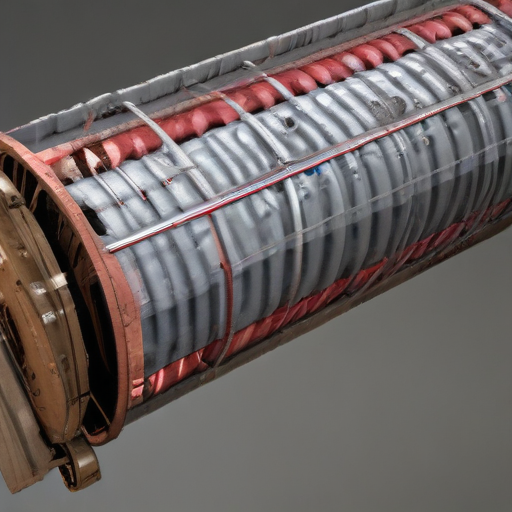
List Product features of “rib for sale”
Sure! Here are potential product features for “rib for sale” considering it could be a Rigid Inflatable Boat (RIB):
1. High-Durability Construction: Made with strong, marine-grade materials such as Hypalon or PVC to withstand harsh marine conditions.
2. Lightweight Design: The combination of rigid hull and inflatable collar offers a lightweight yet robust structure, ensuring easy transport and handling.
3. Excellent Stability: Featuring a deep-V hull design that provides superior stability and performance even in rough waters.
4. Enhanced Buoyancy: Inflatable tubes offer high buoyancy, ensuring safety and less risk of capsizing.
5. Versatile Engine Options: Compatible with various outboard engine sizes, allowing customizable speed and horsepower.
6. Spacious Deck Layout: Offers ample seating and storage space, suitable for leisure, diving, rescue, or transport purposes.
7. Quick Inflation and Deflation: Equipped with high-quality valves for fast and efficient inflation/deflation, making setup and pack-down quick and easy.
8. Comfort Features: Padded seats and ergonomic steering for enhanced comfort during long excursions.
9. Safety Features: Includes multiple air chambers, grab handles, and non-slip decking to ensure passenger safety.
10. Accessory Compatibility: Fitted with attachment points for accessories such as awnings, fishing gear, or navigation systems.
11. Extended Lifespan: UV-resistant materials and corrosion-proof hardware enhance the boat’s longevity.
12. Easy Maintenance: Simple to clean and maintain, with replaceable parts readily available.
13. Fuel Efficiency: Lightweight build paired with efficient hull design leads to better fuel economy.
14. Customizable Design: Options for custom colors, configurations, and branding to meet specific needs and preferences.
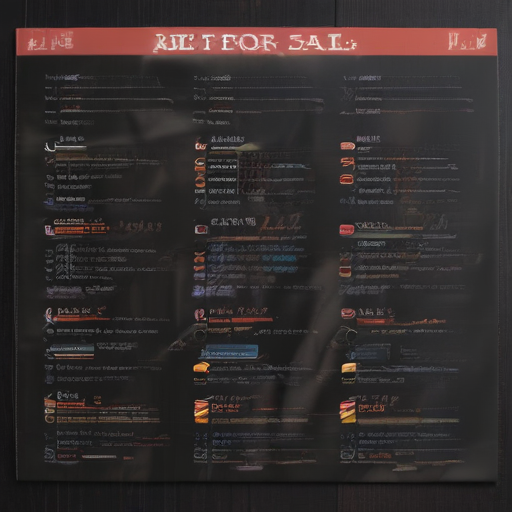
“rib for sale” Warranty and Support
RIB for Sale: Warranty and Support
When purchasing a Rigid Inflatable Boat (RIB), it’s essential to consider the warranty and customer support offered by the manufacturer or seller. A comprehensive warranty and robust support system ensure peace of mind and long-term satisfaction with your investment.
Warranty Coverage
Most reputable RIB manufacturers offer warranties covering various aspects of the boat. Typically, these warranties include:
– Hull Warranty: Coverage usually ranges from 5 to 10 years, protecting against structural defects.
– Tube Warranty: Often covering 2 to 5 years, it ensures the inflatable components remain free from manufacturing defects.
– Engine Warranty: If an engine is included, check whether the manufacturer or dealer provides a separate warranty often ranging from 1 to 3 years.
– Accessories Warranty: Covers additional components such as electronics, navigation systems, and trailers.
Always review the warranty documentation thoroughly, ensuring you understand what is and isn’t covered, and any specific conditions or limitations.
Customer Support
Excellent customer support is crucial for addressing any issues promptly and maintaining your RIB in prime condition. Look for sellers or manufacturers that offer:
– 24/7 Support Hotline: Provides immediate assistance in emergencies or for troubleshooting.
– Authorized Service Centers: Availability of certified service centers for repairs and maintenance.
– Replacement Parts: Fast and convenient access to genuine replacement parts.
– Technical Documentation: Comprehensive manuals and guides for DIY maintenance and troubleshooting.
– Extended Support Options: Availability of extended warranty plans and service packages.
Post-Purchase Assistance
– Training Sessions: Some dealers offer initial hands-on training for new RIB owners.
– Regular Maintenance Checks: Scheduled inspections to ensure optimal performance.
– Customer Community: Access to forums or groups for sharing experiences and solutions.
By taking these factors into account, you can ensure a reliable and enjoyable experience with your new RIB.
List “rib for sale” FAQ
Rib for Sale FAQ
#### 1. What types of ribs do you sell?
We offer a variety of ribs including baby back ribs, spare ribs, St. Louis-style ribs, and beef ribs. All our ribs are sourced from high-quality, ethically raised livestock.
#### 2. Are your ribs fresh or frozen?
Our ribs are available both fresh and frozen to accommodate your cooking needs and preferences.
#### 3. How are the ribs packaged?
Our ribs come vacuum-sealed to ensure maximum freshness and flavor retention. Each package is clearly labeled with the type and weight of the ribs.
#### 4. What is the shelf life of your ribs?
Fresh ribs should be consumed or frozen within 3-5 days of purchase. Frozen ribs can be stored for up to 6 months for optimal quality.
#### 5. Do you offer organic or grass-fed options?
Yes, we have organic and grass-fed rib options. Please check the product description or inquire at the point of purchase for availability.
#### 6. How do I store ribs after purchasing?
Store fresh ribs in the refrigerator immediately and use within a few days. For longer storage, place the ribs in the freezer.
#### 7. Can I pre-order ribs for a special event?
Absolutely! We accept pre-orders for special events and large gatherings. Please contact us at least a week in advance to ensure availability.
#### 8. How do I cook the ribs for the best flavor?
We recommend slow-cooking the ribs for tender and flavorful results. Popular methods include grilling, smoking, and using a slow cooker or oven.
#### 9. Do you provide wholesale or bulk ordering?
Yes, we offer wholesale and bulk ordering for restaurants, catering, and special events. Contact us for pricing and availability.
#### 10. What are your delivery options?
We offer local delivery and shipping options. Delivery fees may apply based on your location and order size.
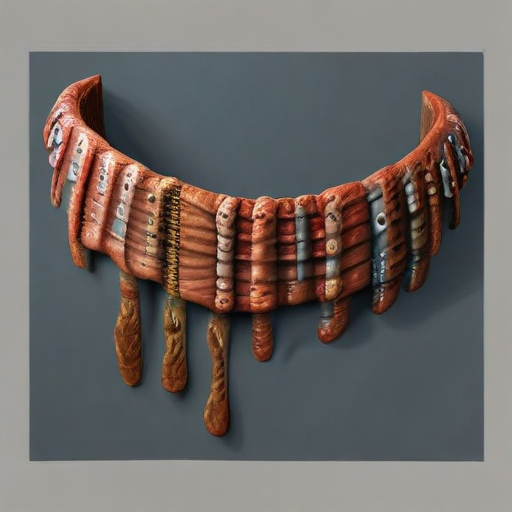
Top 10 FAQ with answer about rib for sale for Buyer Sourcing from China
Sure, here are the top 10 frequently asked questions (FAQ) about Rigid Inflatable Boats (RIBs) for sale, particularly for sourcing from China, along with their concise answers:
1. What is a Rigid Inflatable Boat (RIB)?
– A RIB is a lightweight, high-performance boat with a solid, shaped hull and inflatable tubes. It offers excellent buoyancy and stability.
2. Why should I consider sourcing RIBs from China?
– China offers competitive pricing, a wide variety of options, and numerous manufacturers with experience serving global markets.
3. How do I choose a reliable RIB manufacturer in China?
– Research manufacturers, check certifications (like ISO or CE), read reviews, request samples, and verify their experience in exporting.
4. What are the common materials used in RIB construction?
– Hulls are typically made from fiberglass or aluminum, while tubes are constructed from durable materials like Hypalon or PVC.
5. What is the typical lead time for production and delivery?
– Lead times vary by manufacturer, but generally range from 30 to 60 days for production, plus additional shipping time.
6. What certifications should I look for in a RIB?
– Ensure RIBs meet international standards like ISO, CE, or local marine certifications to ensure safety and quality.
7. Can I customize a RIB order?
– Yes, many Chinese manufacturers offer customization in terms of size, color, accessories, and configurations according to your specifications.
8. What are the payment terms typically offered?
– Common payment terms include 30% deposit upon order confirmation and 70% balance before shipment. Some may accept Letters of Credit (LC).
9. How is quality control managed?
– Reputable manufacturers implement strict quality control processes, including testing for buoyancy, material durability, and overall performance.
10.
